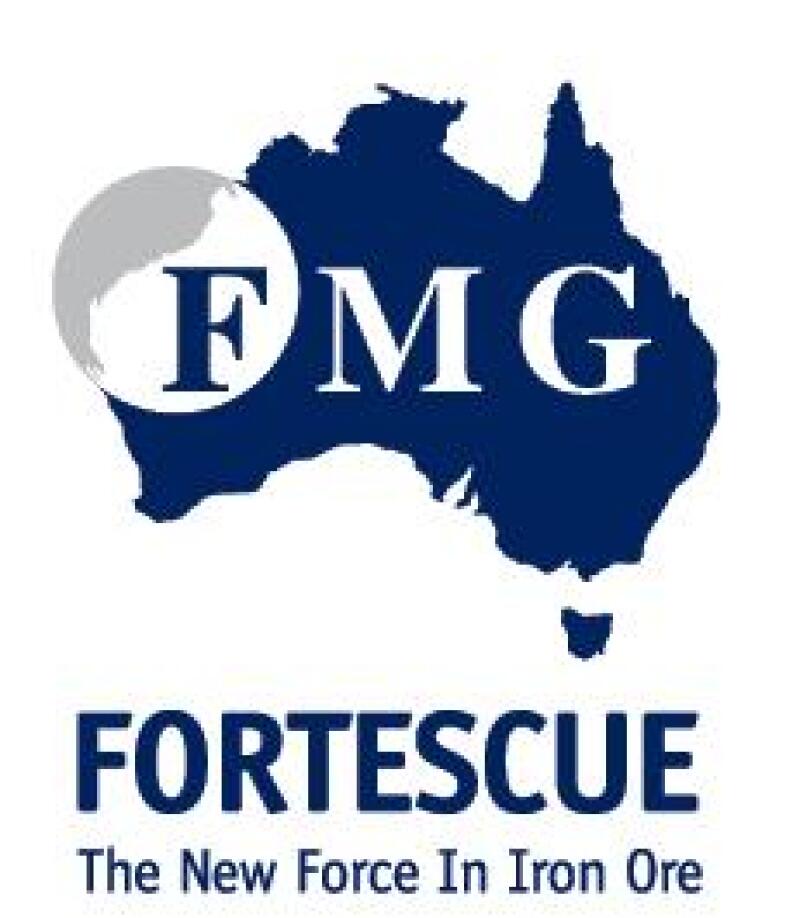The resource super profits tax (RSPT) created under Kevin Rudd’s tenure proved to be a major contributor to his downfall as pressure from the mining industry, including a media campaign run by the Minerals Council of Australia, saw his popularity plummet until he was deposed by Gillard in 2010.

Fortescue’s founder Andrew Forrest has since claimed Rudd had found a way to modify RSPT so as to appease mining industry opposition shortly before he left office.
The main feature of the redesign was to include concessions for capital spending on infrastructure.
However, once Gillard supplanted Rudd it seems her chief concern was garnering the support of the big three mining companies: BHP Billiton, Rio Tinto and Xstrata.
In devising the MRRT, a revised version of the RSPT, Gillard consulted only with the big three mining companies and neglected to involve Fortescue and other mining companies in the discussions.
Forrest told The Australian that the revised MRRT provides for deductibility for the market value of the resource in the ground which provides an enormous capital shelter for the big miners and minimises their tax payable, while hitting the smaller companies.
Deputy Prime Minister Wayne Swan maintains the MRRT will generate A$10.6 billion ($10.7 billion) within three years of its implementation date on July 1 2012, and that the main burden will fall on the big three miners.
However, Fortescue claims MRRT allows the biggest mining companies a deduction on their overall tax liability, based on the book value or market value of their separate coal and iron ore projects as of May 2 2010, while such deductions will not be available to smaller producers.
In its court filing, Fortescue is challenging the MRRT on constitutional grounds, arguing the tax discriminates between the states, curtails their sovereignty and restricts their ability to encourage mining.

The High Court case is yet another obstacle for Gillard’s government to overcome in implementing the mining tax and shows the political sway the sector wields in Australia.
It seems Gillard (pictured left) may have underestimated Fortescue’s challenge, and perhaps a wider and more thorough consultation process could have averted the danger now posed by the High Court case.
But the odds are firmly stacked in the government’s favour and whether the High Court defies expectations or not with its decision, MRRT will take effect next week.
Fortescue has made an admirable stand, but it will now need to focus its resources on coping with the significant extra burden of MRRT, as will the rest of Australia’s mining sector, whether they agree with the model or not.
FURTHER READING:
Australia’s mining tax continues to come under fire










